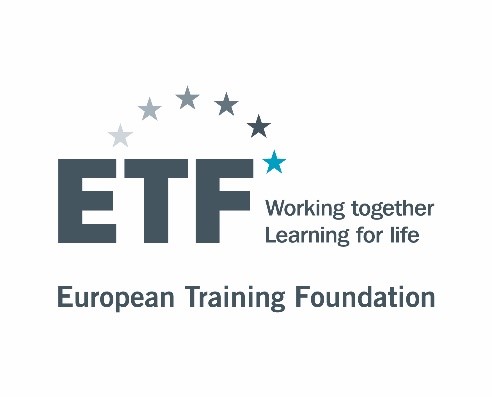Skills and qualifications of the people in Africa are crucial for the transformation of the continent. Skills and qualifications are strategic in the context of the demographic bulge of the continent, which some see as the ‘youth repository of the world’. Therefore, the ACQF is a vital policy initiative of the African Union.
The call for the establishment of a continental qualifications framework for Africa was formulated in crucial policy documents and strategic initiatives geared towards integration and prosperity on the continent. The African Union’s (AU’s) ‘First Ten-Year Implementation Plan of Agenda 2063 (2014–2023)’, the Protocol to the Treaty Establishing the African Economic Community relating to Free Movement of Persons, Right of Residence and Right of Establishment (AU Free Movement Protocol), and the Continental Education Strategy for Africa 2016–2025 (CESA 16–25) explicitly include the continental qualifications framework among their goals. Moreover, the Agreement establishing the African Continental Free Trade Area (AfCFTA) in its Protocol on Trade in Services, sets the frame for mutual recognition of education.
The development of the ACQF was launched at an official event held in September 2019 at the headquarters of the AU in Addis Ababa, Ethiopia.
The African Continental Qualifications Framework (ACQF) is being developed in a time of great transformations, which represents a new horizon and perspective for the ACQF and its ecosystem. The project developing the ACQF in the period 2019-2022 is delivering:
- Main output: ACQF policy and technical document, accompanied by an action plan and 10 Guidelines;
- ACQF feasibility analysis
- Capacity development programme - a combination of modalities of learning and networking: Peer Learning Webinars, support to countries' NQF development, workshops, conferences, thematic briefs for self-learning, and later an E-Learning system.
- Research and analysis on qualifications frameworks and systems on the continent, notably through the ACQF Mapping study,
- Other research and networking supporting CESA, notably the Curriculum Cluster.




